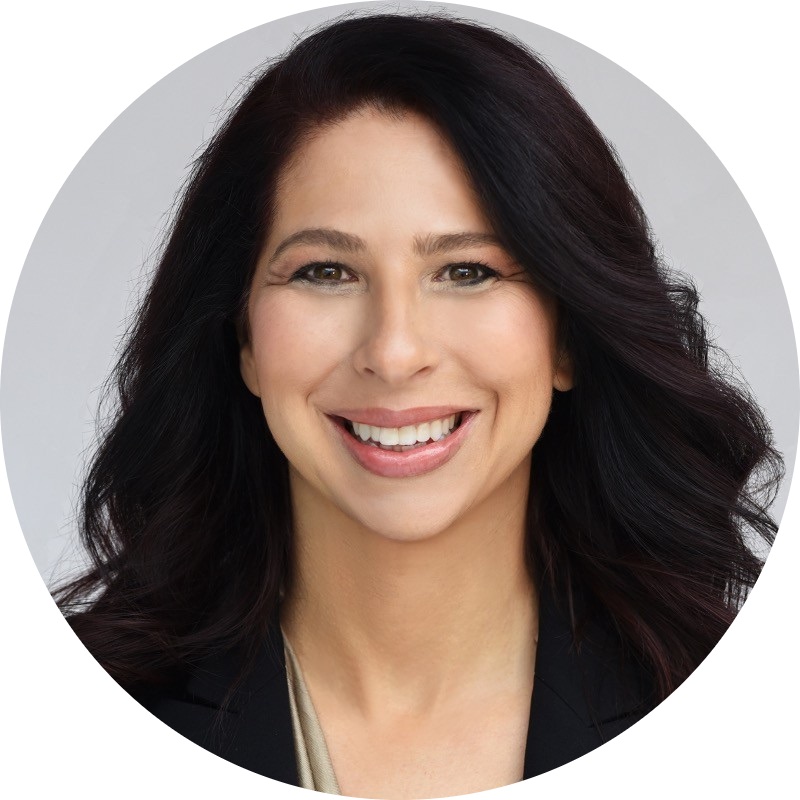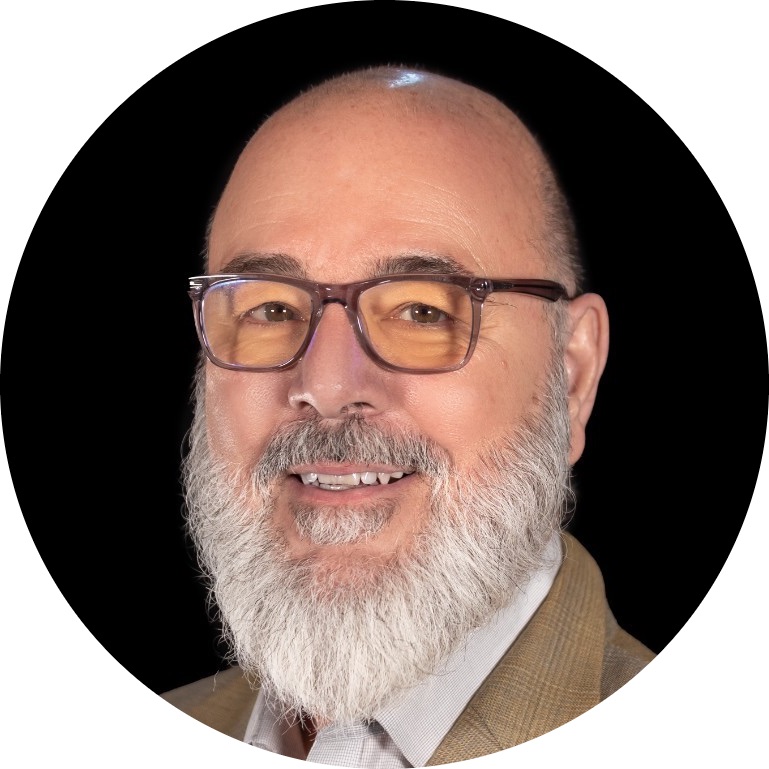How employers are extending help to staff with substance use issues

Growing awareness around mental health issues and the importance of treatment has led employers to roll out more wellness benefits, including some to tackle an issue most workers wouldn’t want their employer knowing about – their substance use.
Companies are offering staff access to a growing number of virtual clinics and substance use treatment platforms, and some virtual and residential treatment programs are expanding to meet the needs of more working professionals. About two-thirds of adults in the U.S. with an alcohol or substance use disorder have a job, according to the Centers for Disease Control and Prevention.
Clinicians and other substance use treatment providers say employers stand to benefit from extending access to recovery programs as they more actively address widespread mental health and burnout issues, and lead to positive business outcomes like higher productivity and lowered employer health costs.
“I think that companies are coming around to the idea that they have to make investments,” said Noah Nordheimer, founder and CEO of All Points North, a recovery and rehabilitation company.
Some employers like AT&T, General Mills and GE Appliances have added substance use management care as an employee benefit through access to treatment programs like Pelago, a virtual care clinic that offers treatment, counseling and medication for staff seeking help with a substance use issue. Staff simply looking to reevaluate their relationship with substances, such as alcohol and tobacco, also have access.
“People don’t self-identify as having a substance use disorder very readily, so they may not even recognize the way that they’re drinking, or the substances they’re using, or the frequency with which they’re using a substance, is something that they should be worried about. So we try to sort of raise their awareness and curiosity around that,” said Suzette Glasner, chief scientific officer at Pelago.
“The most significant hurdle that I think employers have to attend to when trying to address addiction in the workforce is this fear of being stigmatized, and the need to make people feel safe to know that their privacy is going to be protected, and that they’re not going to be judged or penalized in any way,” Glasner said.
Pelago has addressed this by first using subtle advertising and marketing and non-stigmatizing language, being careful not to use terms like “addict” and “user”.
“When we’re talking about substance use, we really come from a place of not making any assumptions about a label,” Glasner said. Pelago’s messaging also states it does not communicate with employers about who enrolls or participates — that information is kept private and confidential.
Once staff enroll, they’ll undergo a brief assessment with a clinician who gets a sense of their consumption habits and looks for indicators of their mental health functioning. Then they may receive a diagnosis for a substance use disorder, and go into a full evaluation to get an individualized care plan.
Staff in treatment will then have video-based sessions on a weekly basis with a drug or alcohol counselor, go through cognitive behavioral therapy and learn tools around motivation management, and have access to self-guided exercises. They can also use an app to check in and mark their progress, and chat with a counselor. Staff have access to the app and program materials for a full year after starting treatment.
Sometimes substance use disorders may be more severe though, and staff may need inpatient treatment. All Points North, a recovery and rehabilitation company, offers an intensive program specifically catered towards business professionals who need to address mental health and addiction issues.
“Most of those are co-occurring,” said founder and CEO Noah Nordheimer.
All Points North started the professional track program about three years ago, and those in treatment can range from someone self-employed to a CEO, to a senior manager. While it doesn’t work directly with employers, most clients use insurance benefits, Nordheimer said. Patients can undergo treatment in-person, at facilities in Colorado and Texas, or they can go through hybrid or virtual programs.
While in-person treatment is preferred, getting a month off work isn’t easy, especially for executives and those in leadership roles. As a result, All Points North is launching a new seven-day program specifically for people in those roles “who just can’t pull away for that long,” Nordheimer said.
Hilton started an employer-led substance use program for its entire workforce last year through a partnership with Shatterproof, a nonprofit dedicated to ending addiction. The hotel chain created its own online platform called JustFive which offers educational content and resources for staff with concerns about their own, or someone else’s, substance use. The materials are available without any login requirement so staff can remain anonymous, said Lora Lawler, Hilton’s svp of total rewards and HR technology.
Hilton also recently adjusted its benefits and moved to a new employee assistance program that specifically covers addiction support services, Lawler said. A key goal is to reduce bias and stigmas around substance use disorders and better support prevention, treatment and the recovery process, she said.
“We understand our unique position in advancing efforts to reverse addiction, providing education around substance use disorder and reducing bias,” she said.
A major way companies stand to benefit from increasing substance use treatment offerings is by lowering health costs. A study from Pelago found employer costs for emergency room visits were twice as high among employees without access to Pelago’s treatment platform.
“People who are involved in addiction rarely take care of minor illnesses,” said Jes Montgomery, medical director at All Points North. Those minor illnesses could lead to more costly hospital visits, like gastrointestinal and musculoskeletal conditions.
“When they’re in recovery they have fewer days missed, their productivity goes up, and in short they become better employees than they were when they were in denial and when we didn’t know that they dealt with the problem,” Montgomery said.



